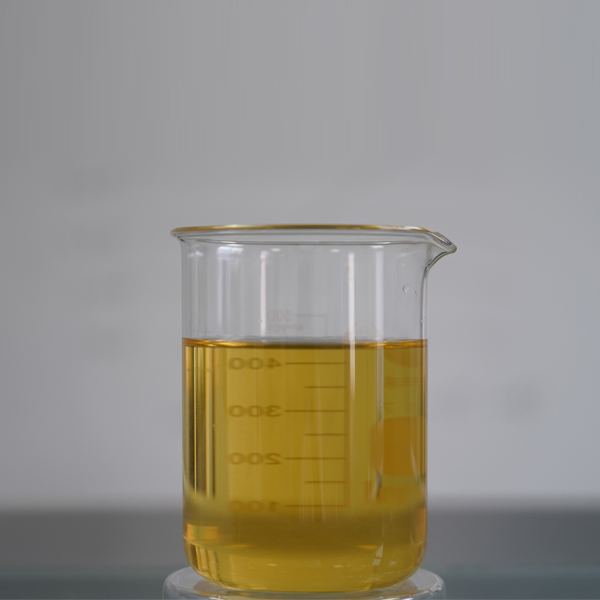
News
Dec . 24, 2024 23:46 Back to list
Nutrient-Rich Fertilizer Options for Optimal Corn Growth and Yield Enhancement
The Importance of Micronutrient Fertilizers for Corn Production
Corn, scientifically known as Zea mays, is a staple food crop and a vital component of global agriculture. Its cultivation plays a significant role in food security, livestock feed, and bioenergy production. However, to maximize corn yield and quality, proper nutrient management is essential. Among the various nutrients required, micronutrients are often overlooked but are crucial for corn production. This article explores the significance of micronutrient fertilizers for corn, their benefits, and how to effectively incorporate them into farming practices.
Understanding Micronutrients
Micronutrients are essential elements that plants require in small quantities for healthy growth and development. Common micronutrients include iron (Fe), manganese (Mn), zinc (Zn), copper (Cu), boron (B), molybdenum (Mo), and chlorine (Cl). While they are needed in trace amounts compared to macronutrients like nitrogen, phosphorus, and potassium, their deficiency can lead to significant reductions in crop yield and quality.
For corn, micronutrients play critical roles in various physiological and biochemical processes. For example, zinc is crucial for chlorophyll production and enzyme function, while iron is vital for photosynthesis and energy transfer. A deficiency in any of these elements can lead to stunted growth, poor root development, and reduced resistance to diseases.
Benefits of Micronutrient Fertilizers
1. Enhanced Growth and Yield The application of micronutrient fertilizers can lead to improved plant vigor, greater biomass production, and increased yields. Studies have shown that when corn plants receive adequate micronutrients, they exhibit healthier growth patterns and better grain development.
2. Improved Nutritional Quality Micronutrient fertilizers not only enhance the quantity of corn produced but also its quality. Corn enriched with micronutrients has a higher concentration of vitamins and minerals, which are essential for human and animal nutrition. This is particularly important in regions where maize is a dietary staple.
3. Stress Resistance Micronutrients help strengthen corn plants against abiotic stresses such as drought and salinity. For instance, the presence of zinc can improve the water-use efficiency of plants, allowing them to better withstand periods of water scarcity.
micronutrient fertilizer for corn

4. Soil Health Regular application of micronutrient fertilizers can enhance soil health by promoting the activity of beneficial microorganisms. Healthy soil microbiomes contribute to nutrient cycling and improved soil structure, which are crucial for sustainable agricultural practices.
Effective Application of Micronutrient Fertilizers
To maximize the benefits of micronutrient fertilizers, farmers should consider the following aspects
1. Soil Testing Conducting a soil test is crucial to determine the existing nutrient levels, including micronutrients. Soil tests provide valuable information that helps farmers make informed decisions on which micronutrients to apply and in what quantities.
2. Choosing the Right Micronutrient Mix Different soils and corn varieties may require specific micronutrient formulations. For example, if a soil is deficient in zinc, applying a zinc sulfate fertilizer can directly address this need. Farmers should work with agronomists to select appropriate fertilizers based on test results.
3. Application Timing and Method The timing of micronutrient application can influence their effectiveness. They can be applied at pre-planting, planting, or during critical growth stages such as tasseling and silking. Foliar applications are also effective for delivering micronutrients quickly, especially in cases of acute deficiency.
4. Monitoring and Adjustment After applying micronutrient fertilizers, it's essential to monitor corn plant health and soil conditions. Farmers should be prepared to adjust their fertilization strategies based on plant performance and any changes in soil nutrient levels.
Conclusion
Micronutrient fertilizers are indispensable for optimizing corn production. They not only enhance yield and quality but also contribute to overall soil health and plant resilience against environmental stresses. By understanding the importance of these nutrients and incorporating effective fertilization strategies, farmers can ensure sustainable corn production, leading to enhanced food security and economic stability in agricultural communities. As we face the challenges of climate change and growing populations, investing in the proper nutrition for corn crops will be vital for sustaining global agricultural systems.
-
Polyaspartic Acid Salts in Agricultural Fertilizers: A Sustainable Solution
NewsJul.21,2025
-
OEM Chelating Agent Preservative Supplier & Manufacturer High-Quality Customized Solutions
NewsJul.08,2025
-
OEM Potassium Chelating Agent Manufacturer - Custom Potassium Oxalate & Citrate Solutions
NewsJul.08,2025
-
OEM Pentasodium DTPA Chelating Agent Supplier & Manufacturer High Purity & Cost-Effective Solutions
NewsJul.08,2025
-
High-Efficiency Chelated Trace Elements Fertilizer Bulk Supplier & Manufacturer Quotes
NewsJul.07,2025
-
High Quality K Formation for a Chelating Agent – Reliable Manufacturer & Supplier
NewsJul.07,2025
